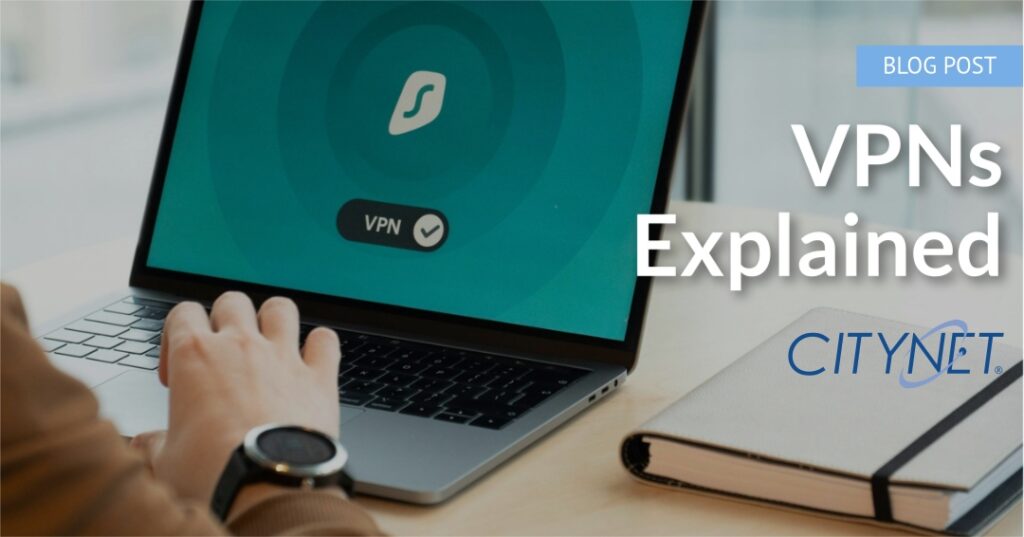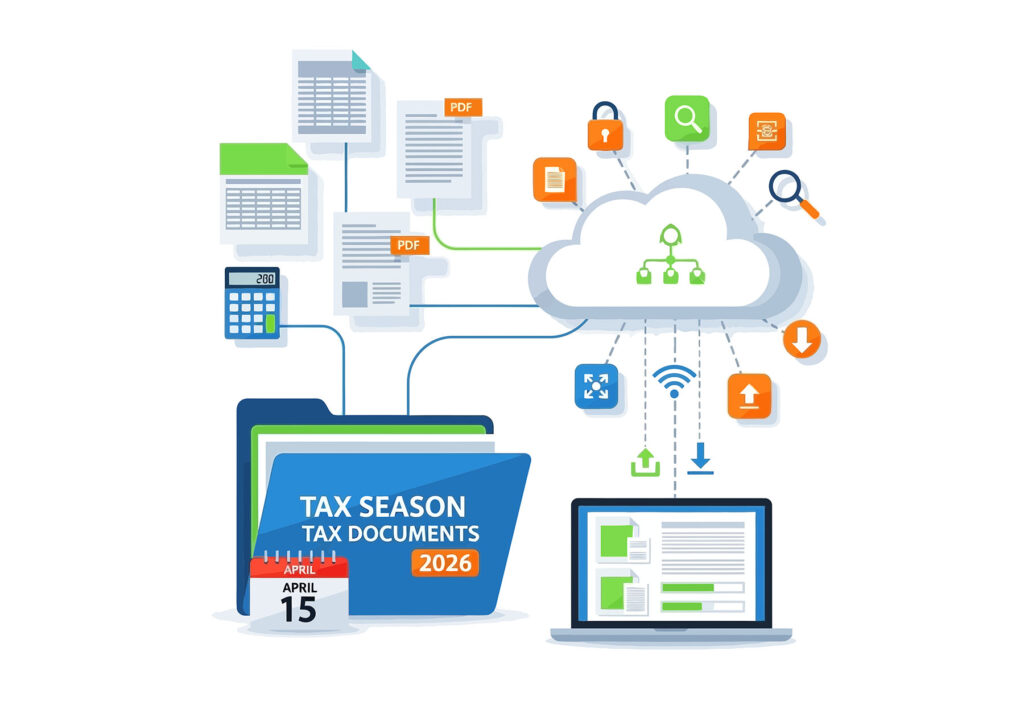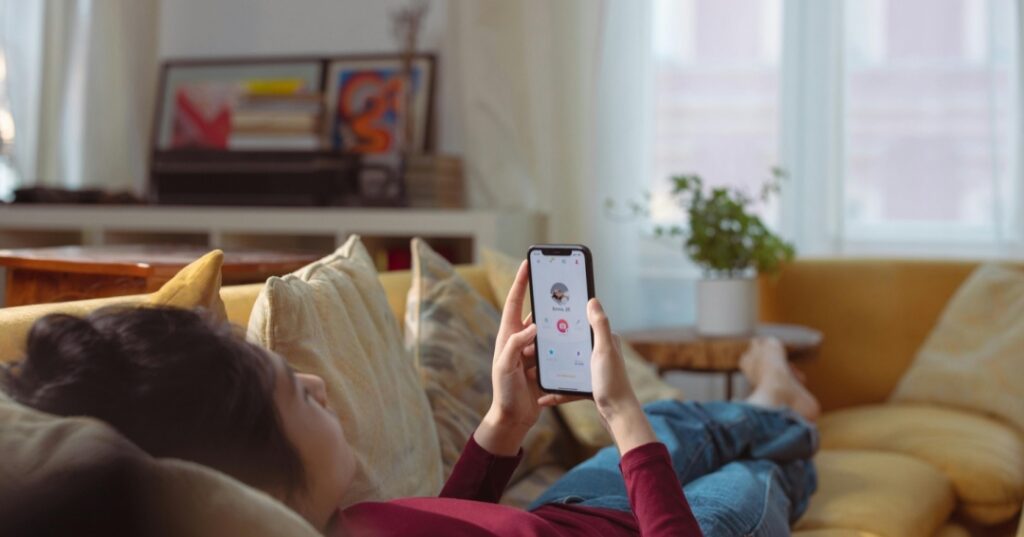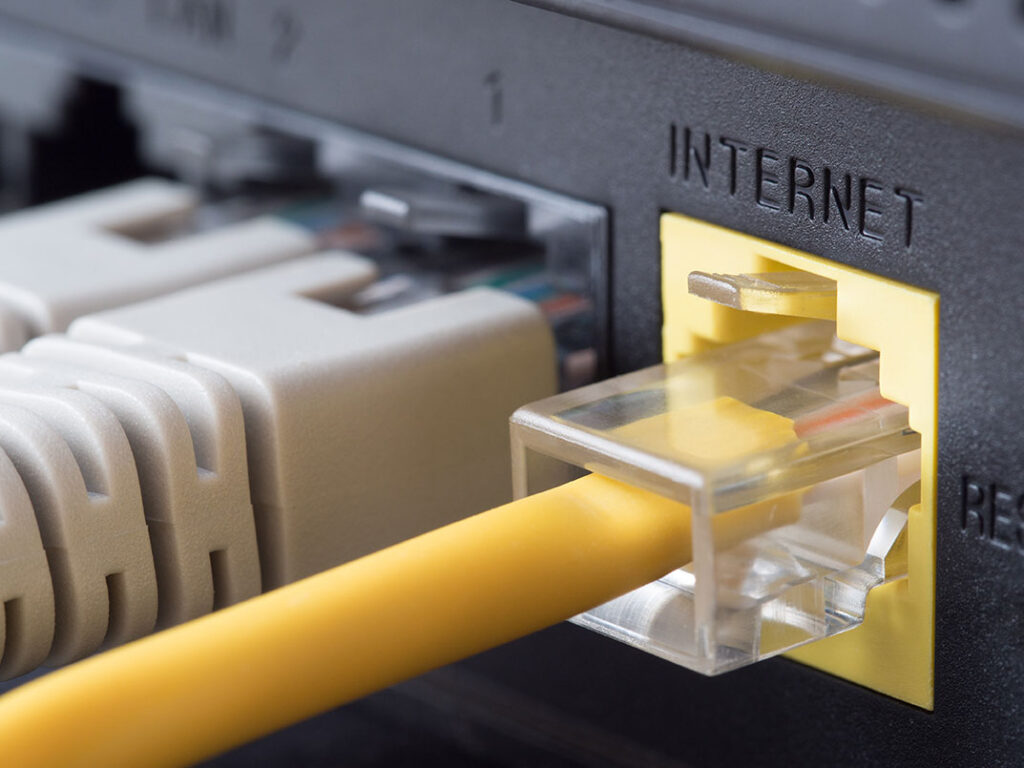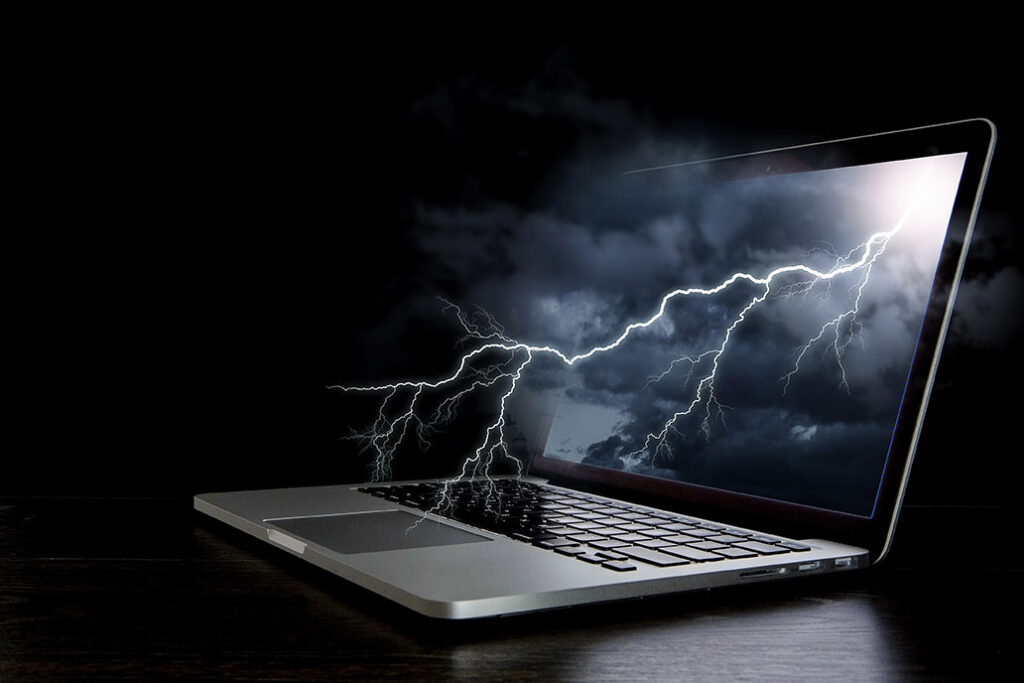You may have heard the term “VPN” tossed around when people talk about internet safety, remote work, or protecting personal information online. You may even be required to use one for remote work. But what exactly is a VPN, and should you be using one at home or for your business?
Here at CITYNET, we’re committed to keeping our customers informed, secure, and confident about the technology they use every day. This guide will help you understand VPNs and how they can make your internet experience safer and more private when you connect from home and on the go.
What does VPN mean?
To understand how VPNs work, let’s first look at what it means. VPN stands for “Virtual Private Network.” It protects your online privacy by hiding your physical location and all of your online activity.
How does a VPN work?
Normally, when you browse online, your device connects straight to the internet. Along the way, it can leave behind information, such as your IP address, internet provider, and location, which can be collected by websites, advertisers, and even hackers on unsecured networks.
When you connect to a VPN, the software encrypts, or hides, your information behind security protocols. It then sends that encrypted information on a private connection between your device and the internet by routing your internet traffic through a dedicated, secure server.
In simpler terms, think of using the internet without a VPN like sending postcards through the mail. Anyone handling them can read what’s written on them and see where they’re going. Using a VPN is like putting your message in a locked envelope and mailing it through a trusted courier who delivers it to the recipient without anyone else seeing what’s inside or where it came from.
With a VPN, your online activity stays private and safe, even when you’re using public WiFi (where you’re at risk of someone more easily hacking your device or online traffic). A VPN makes it look like all of your internet traffic is coming from the VPN’s server location, not your own. It also hides the data you’re accessing.
Why should you use a VPN?
Whether you’re at home, at work, or traveling, using a VPN will keep you safe in many regards:
- Protect Personal Information: If you’re logging into banking websites, accessing medical records, or checking private emails, a VPN helps prevent others from seeing or stealing that data.
- Privacy on Public WiFi: Public networks are often unsecured, which means they allow anyone with any intentions online. VPNs help protect your personal information from identity theft and data leaks from those with ill intent when you’re using unsecured public WiFi at hotels, coffee shops, and libraries.
- Business and Remote Work Security: Businesses and remote workers who use VPNs benefit from having secure access to emails, confidential files, and proprietary data on internal company networks without exposing that information.
- Avoid Tracking: Prying eyes may not only have access to the websites you’re visiting and what you’re doing, but they could also see where you’re visiting from. With a VPN, the only location they see is the location of the server hosting your private connection.
Will a VPN slow down my internet?
Can I use a VPN on my phone?
Yes! Most VPNs offer mobile apps, and they can keep your smartphone or tablet traffic safe and secure while you’re on the go.
These apps work just like desktop VPNs by encrypting your internet activity and protecting you on the go. It’s perfect for when you’re checking your bank account at the local coffee shop or your emails before you hop on a flight.
What should you look for when selecting a VPN?
Like all other software, not all VPNs are created equal. Here are a few key things to consider when selecting a VPN:
- Reputable Provider: Choose a company that is trusted with good reviews and a strong history.
- No-logs policy: A VPN shouldn’t keep records of your online activity, so make sure they have a policy stating they don’t store that data.
- Strong encryption: Strong security keeps your data safe. Check their security ratings before selecting a service.
- Fast speeds: You want to make sure the VPN doesn’t slow down your online experience so you can stream, take video calls, and work from home, without interruptions.
- Server location: Look for a VPN that offers a server location close to you to minimize lag in the data transfer.
- Easy to use: You’ll be more likely to use a VPN consistently if it isn’t complicated.
Which VPNs does CITYNET recommend?
There are many great VPN options out there. You don’t want to skimp when it comes to keeping your data and privacy, so keep that in mind when trying to find free or budget-friendly options. Here are a few of the most trusted VPN providers:
- NordVPN – Known for speed, strong security, and an easy interface, and supports up to 10 devices on a single account.
- ExpressVPN – Fast, reliable, and works on nearly every device with servers in every state and 105 countries.
- ProtonVPN – Great for privacy and offers a strong free version.
- Mullvad – Open-source option, excellent for anonymity, and doesn’t require personal info to sign up.
VPNs keep you protected.
A VPN can make a big difference in your privacy, security, and peace of mind. Pairing a reliable VPN with fiber internet from CITYNET ensures your online experience is fast, private, and safe, no matter what you’re doing and where you’re connecting.
If you want to learn more about how to make the most of your fiber connection or what VPN might work best for your household or small business, we’re happy to help!

